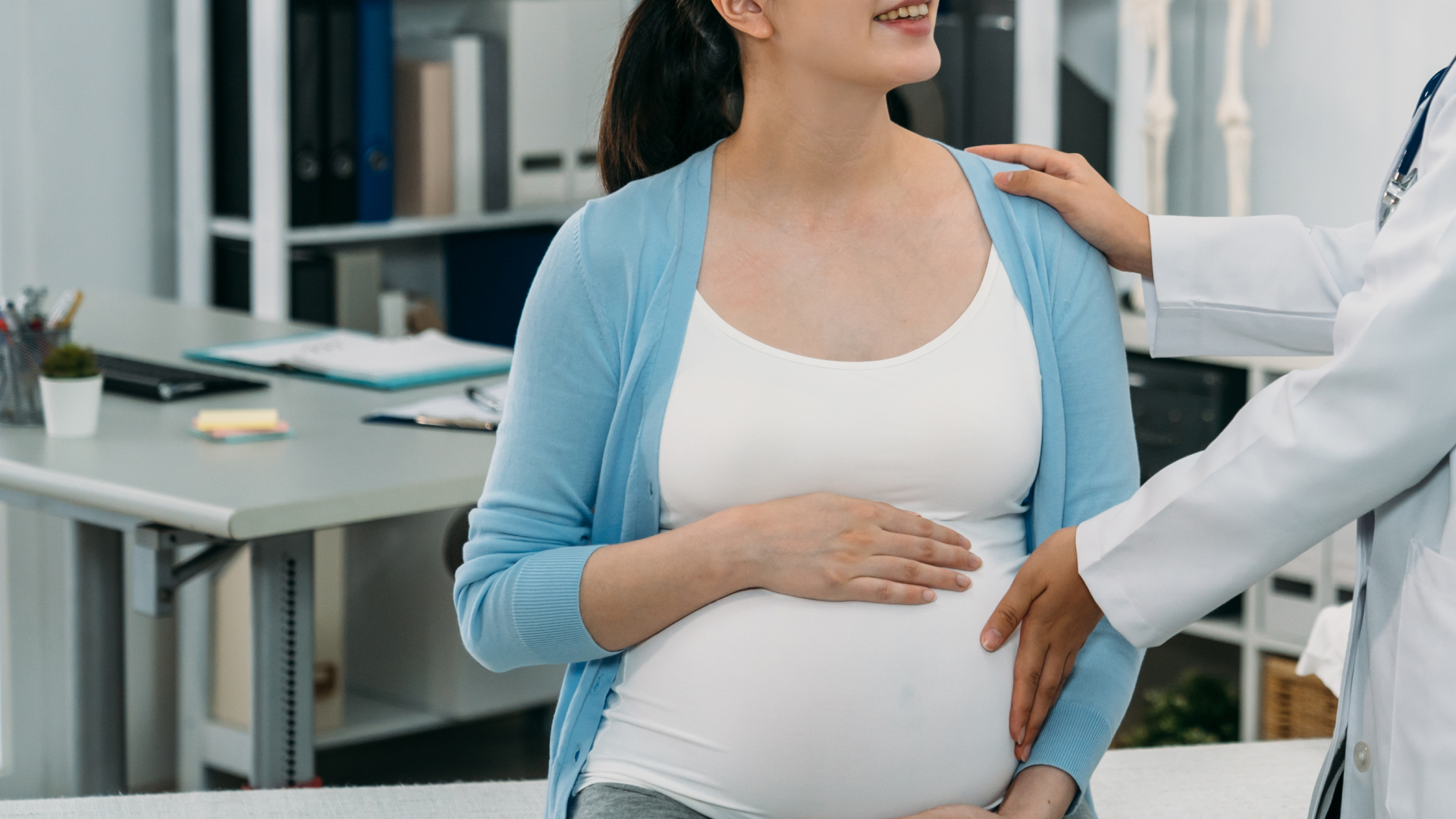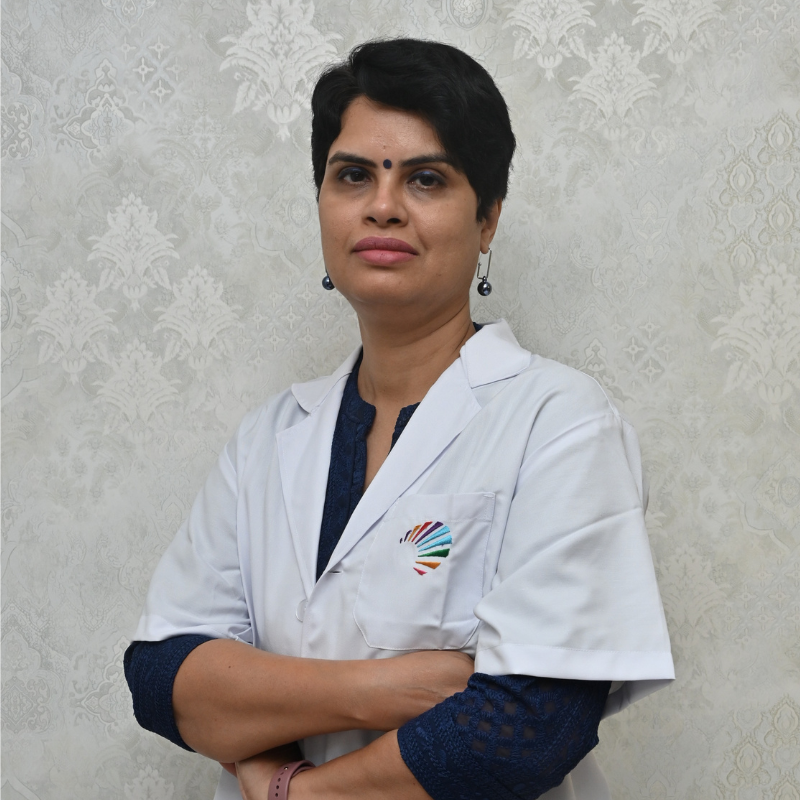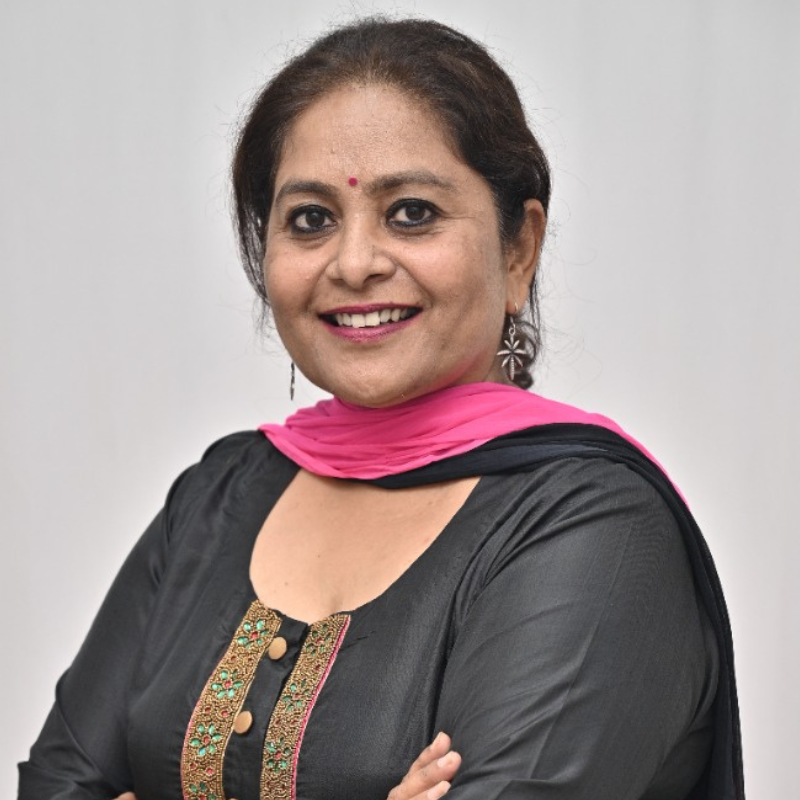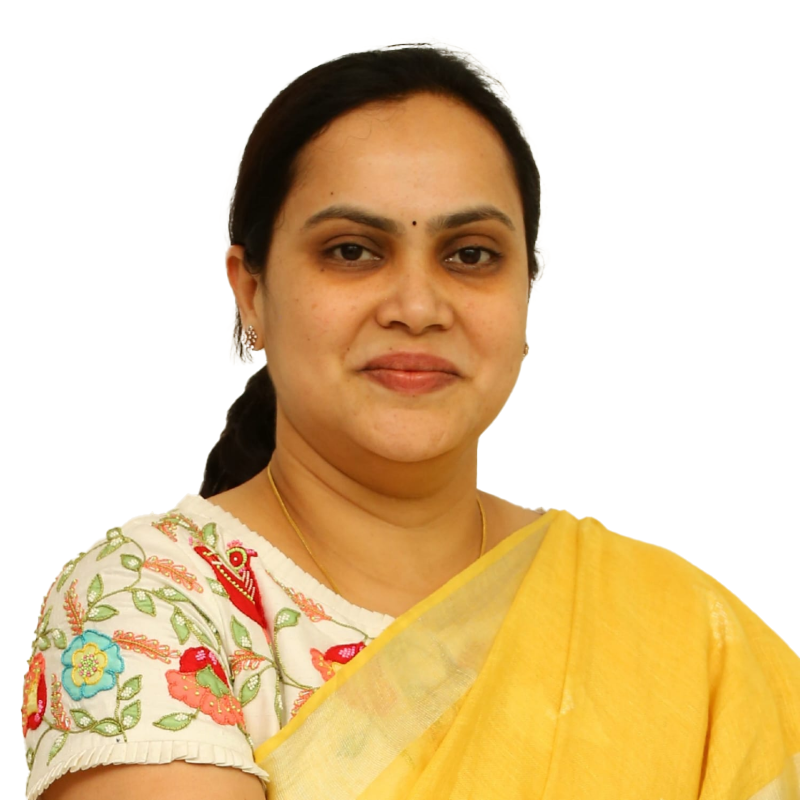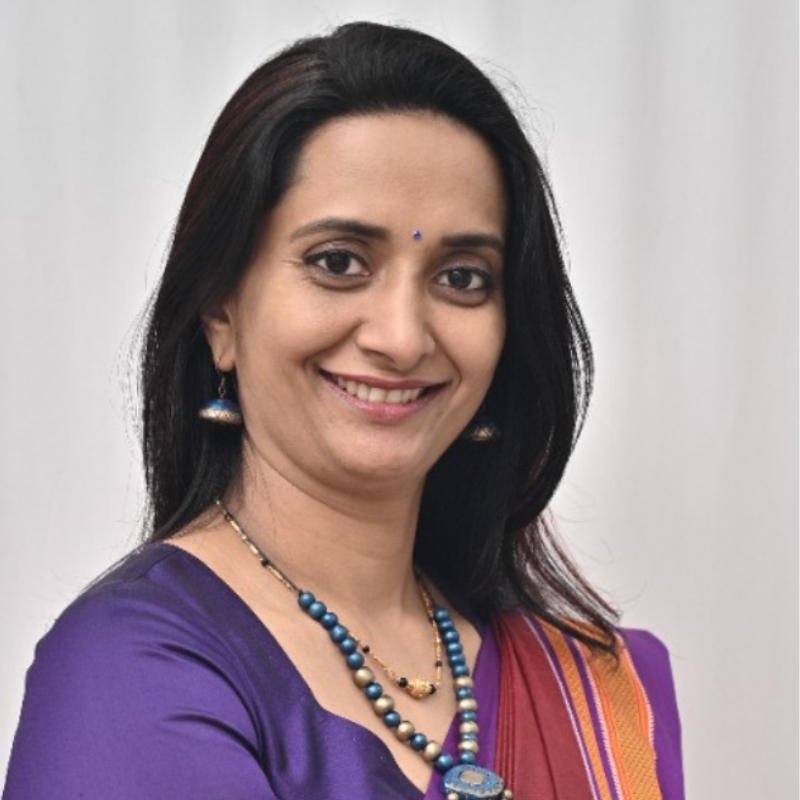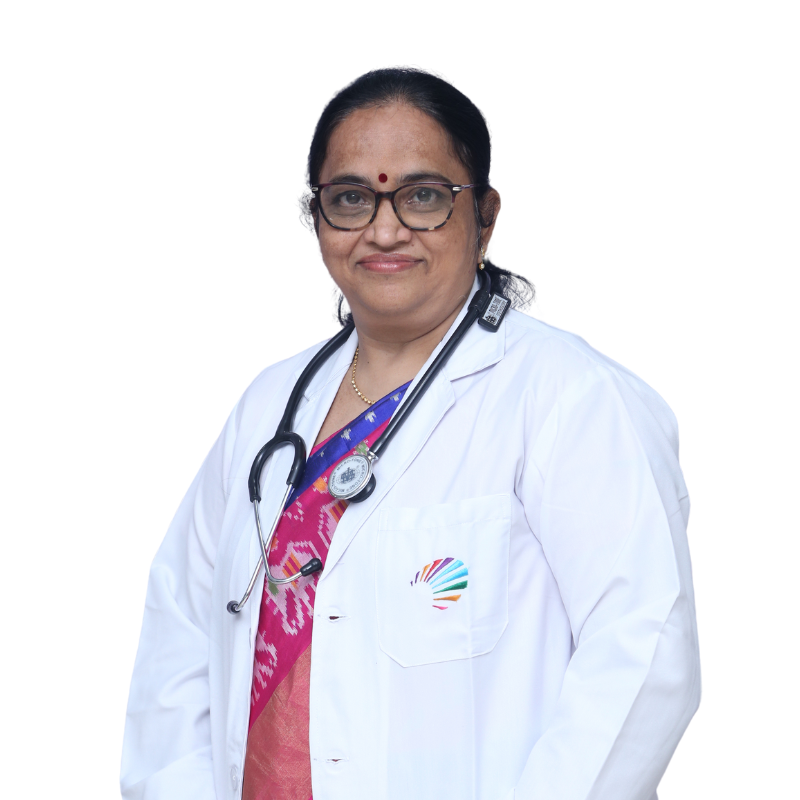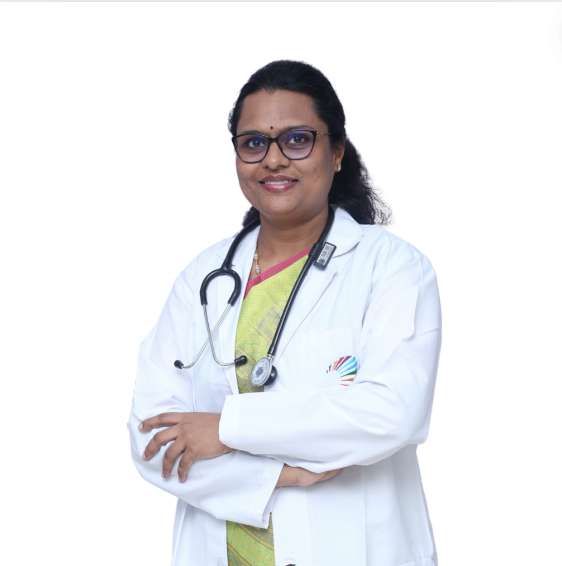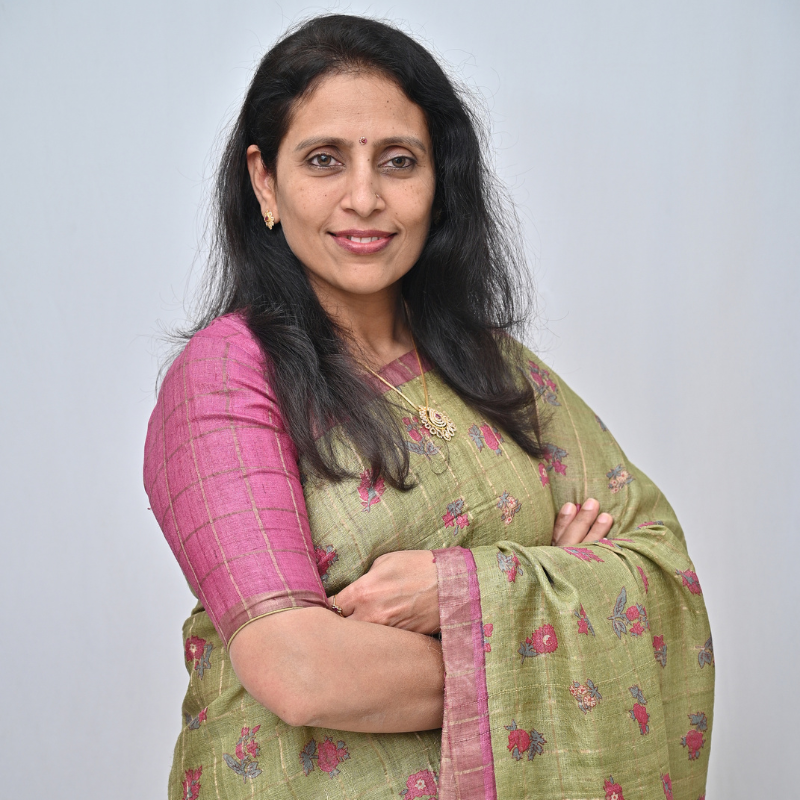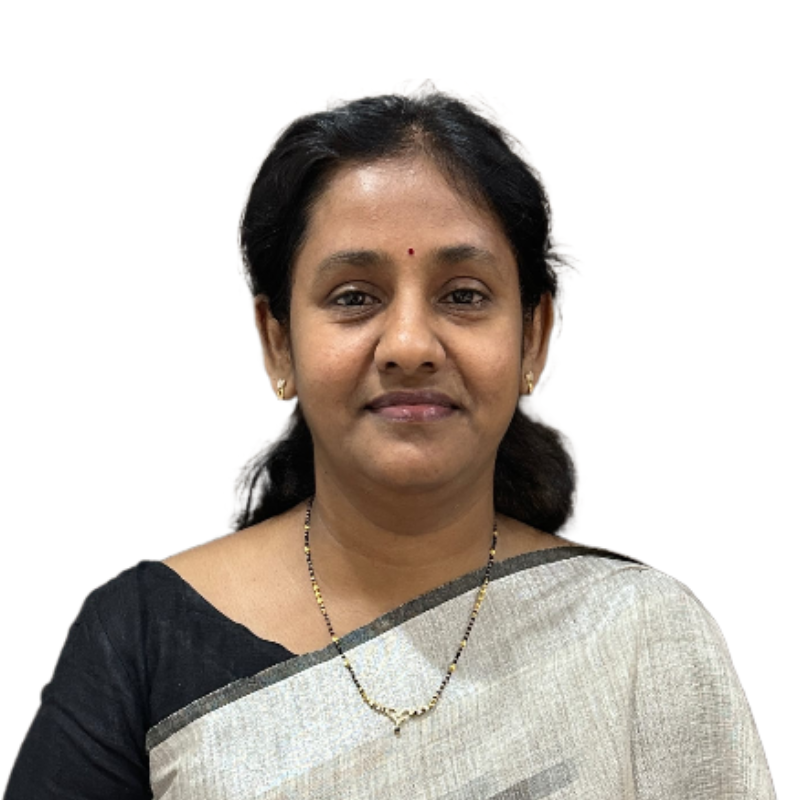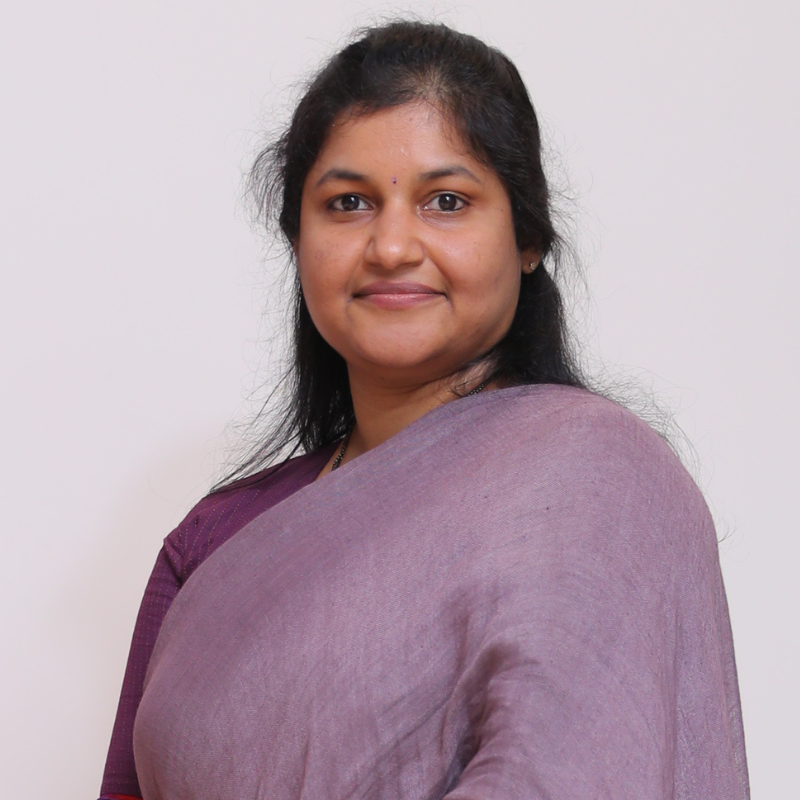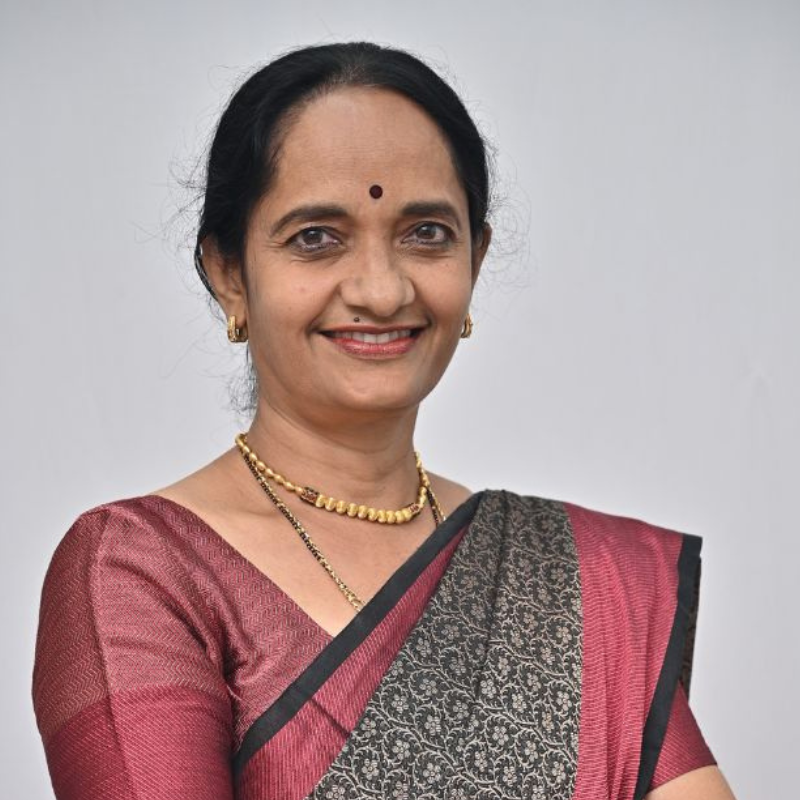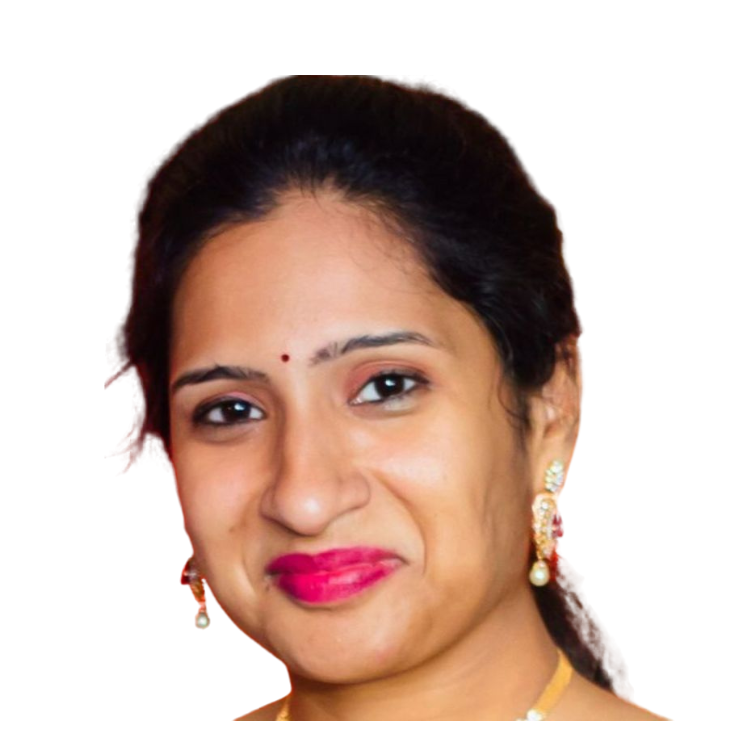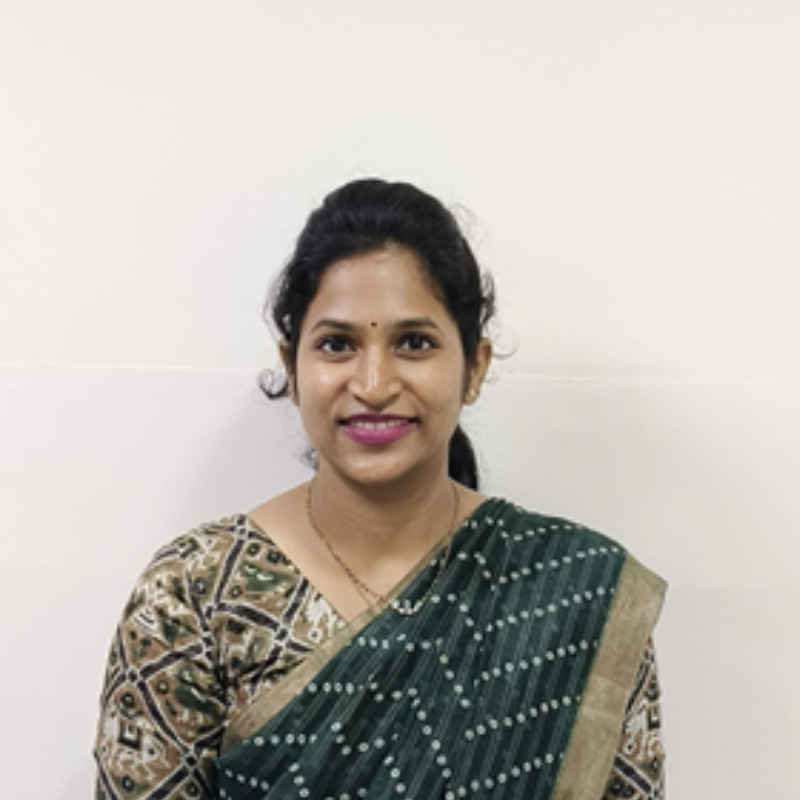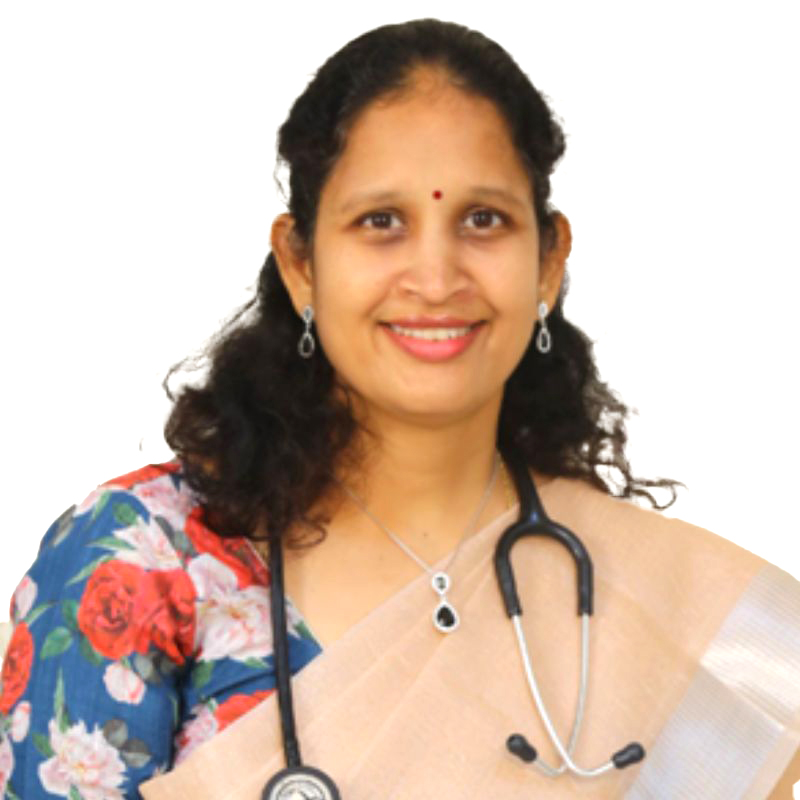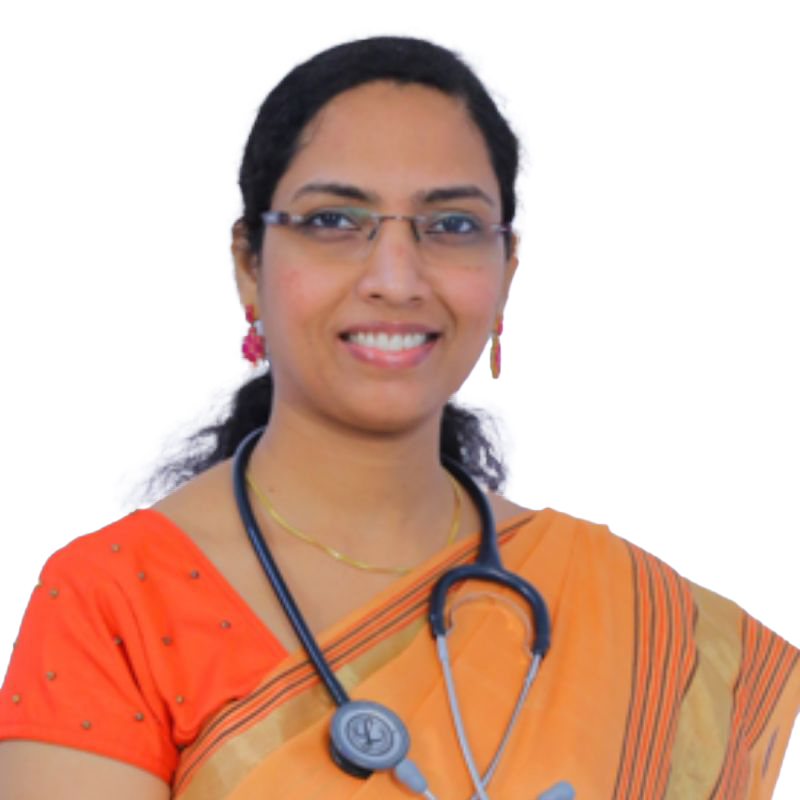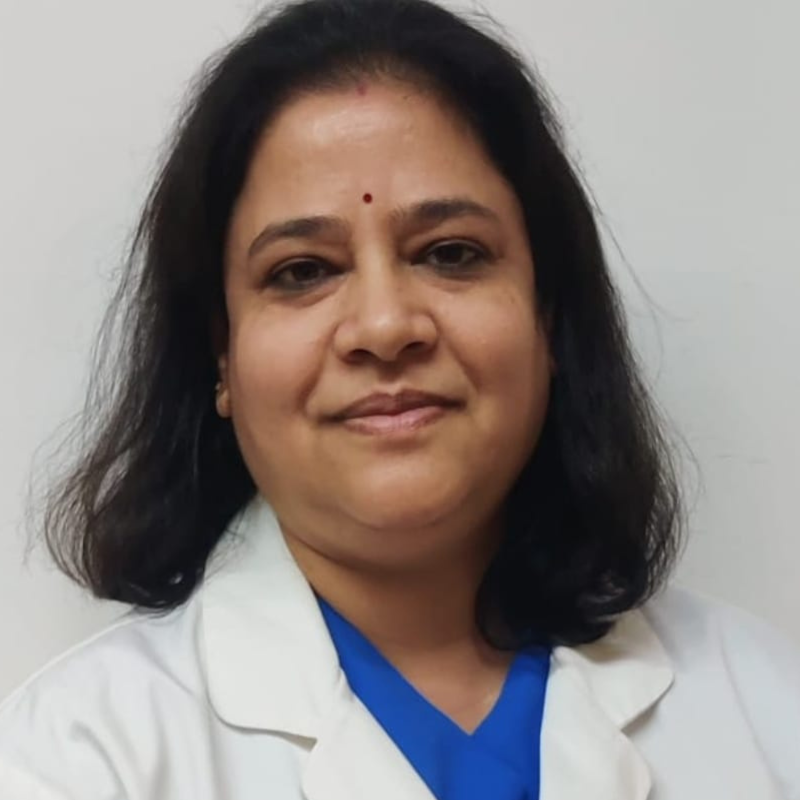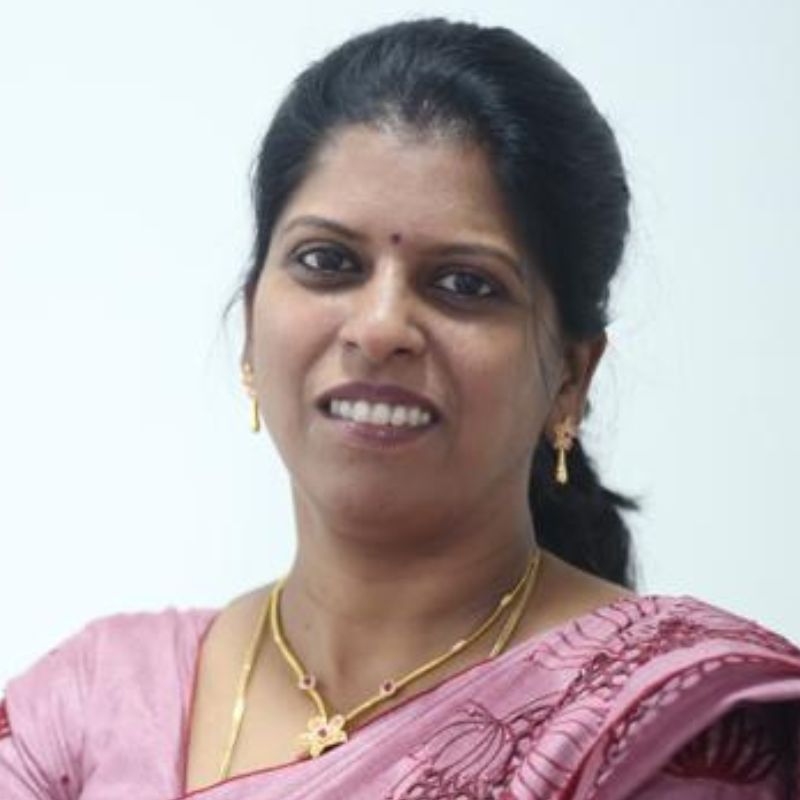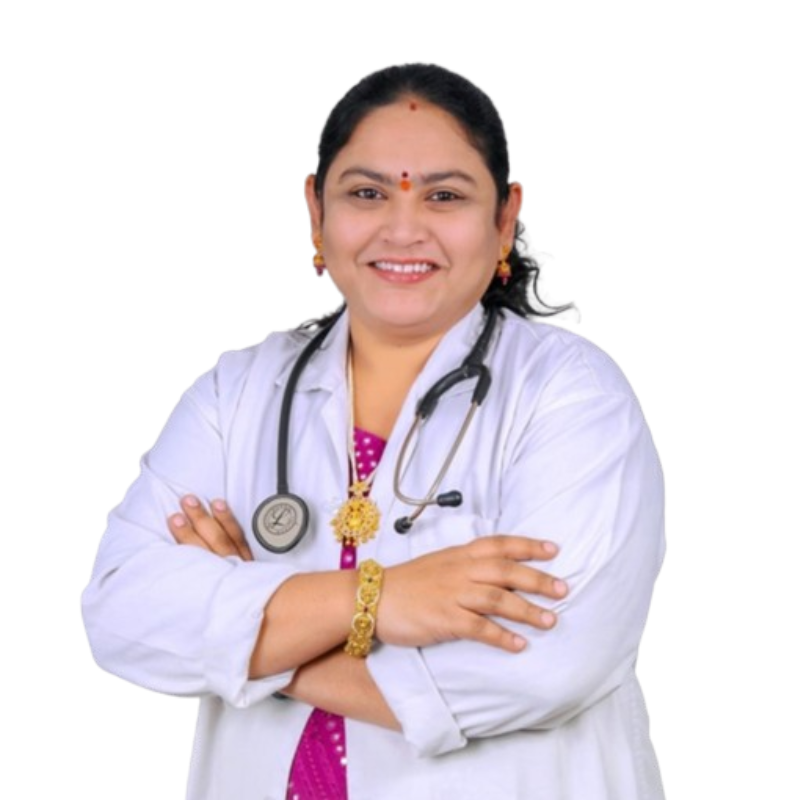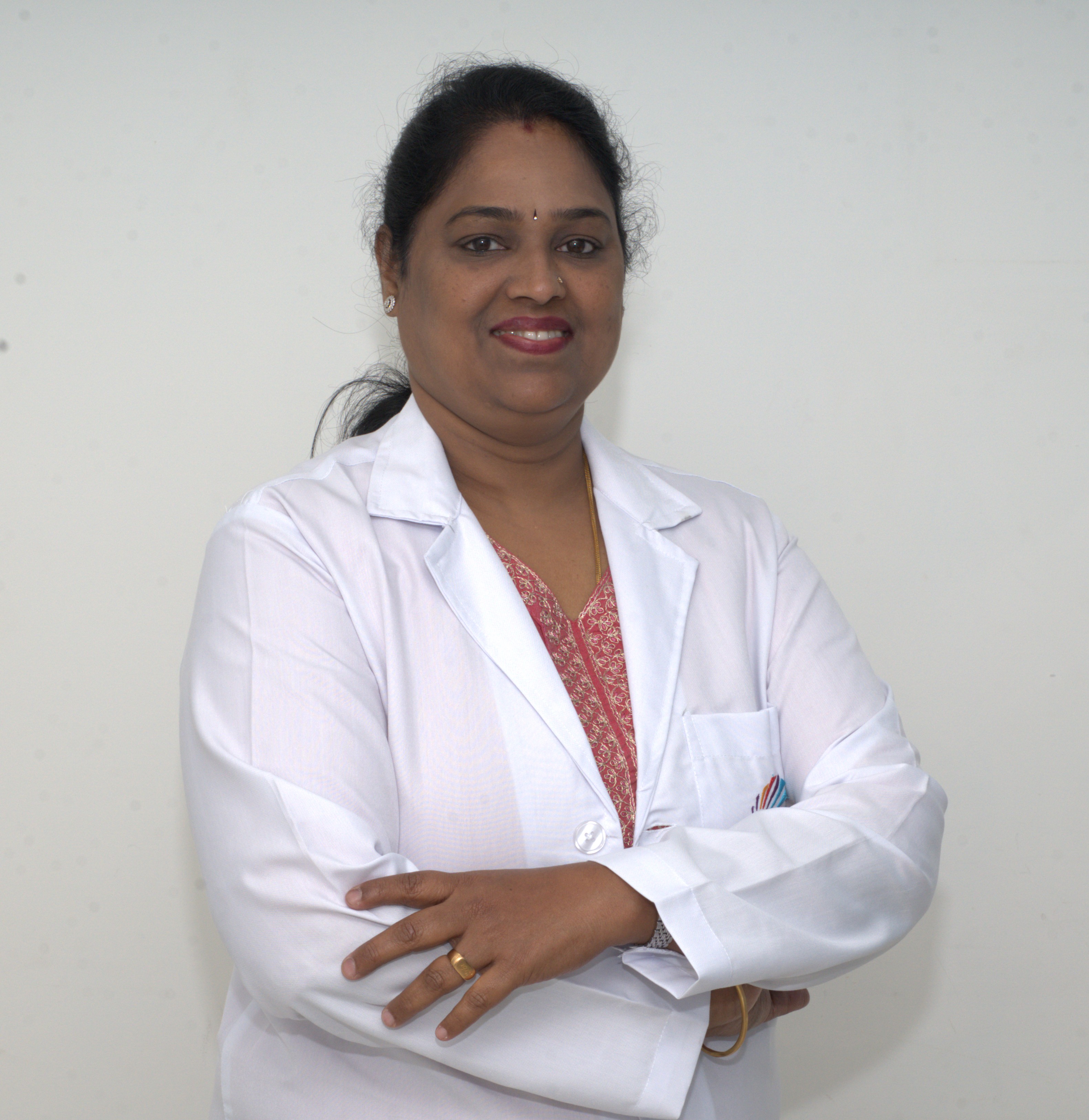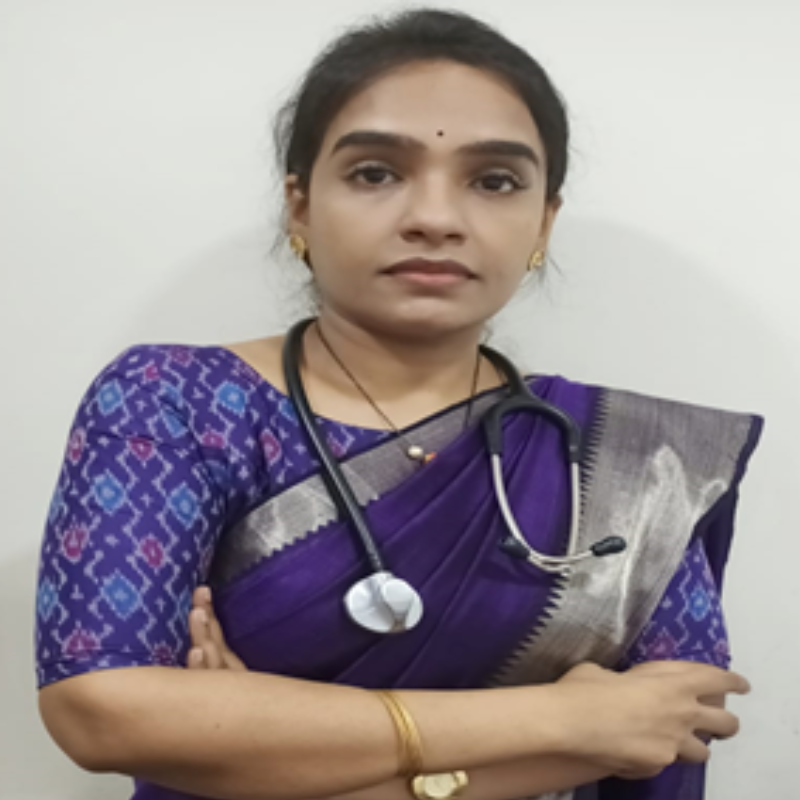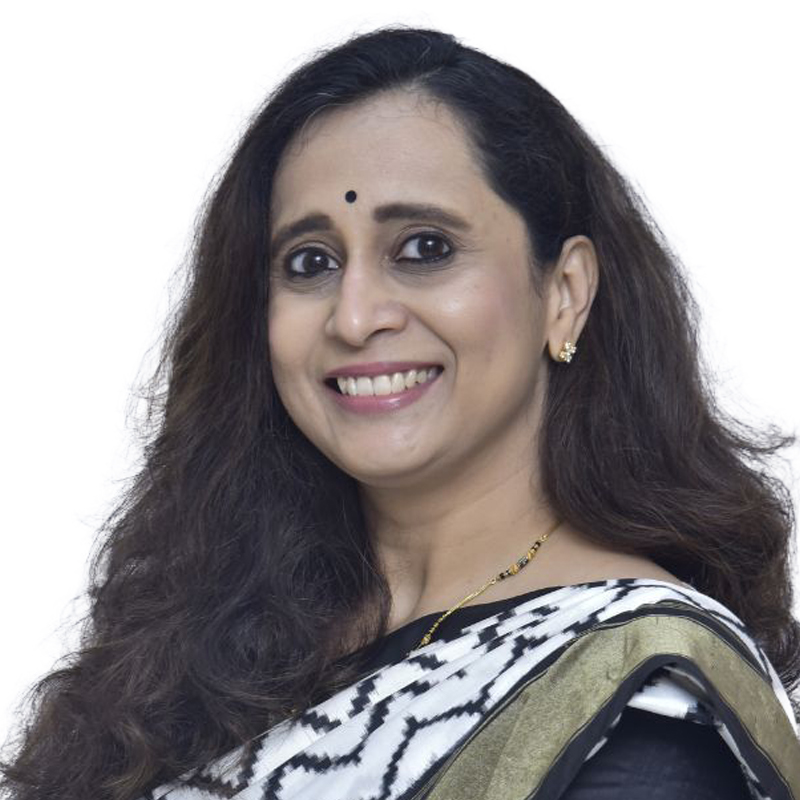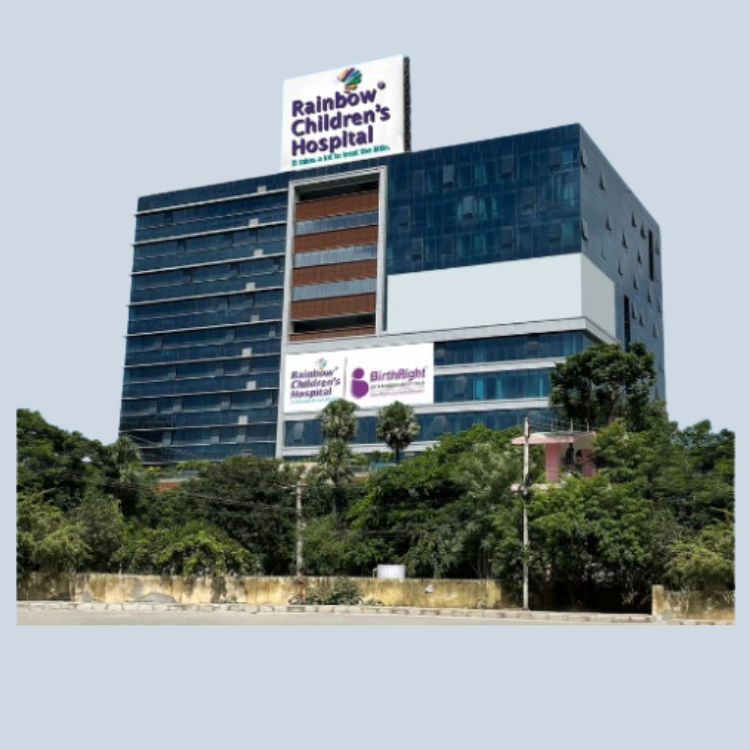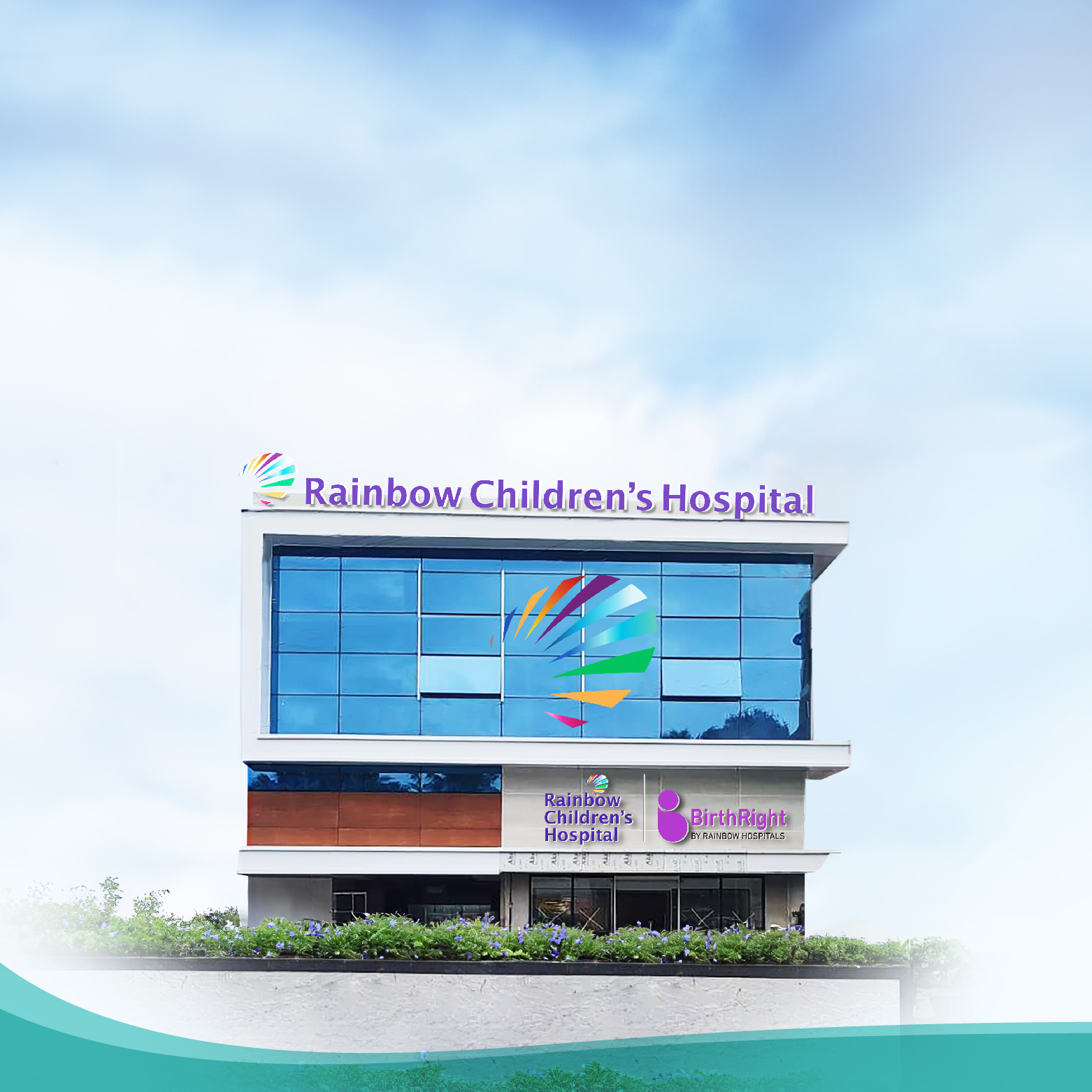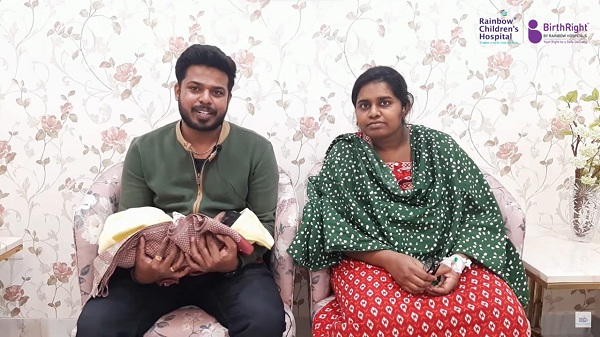Seamless support from diagnosis to post treatment care
Pre-Pregnancy Health Checkup
'Planning' is the buzz word in the world today, and potential mothers, now ready to take the plunge into the world of motherhood, have lots of questions on how to prepare for a healthy baby.
About Services
1. First time planner or a women with previous pregnancy problem suffering with genetic disease and congenital abnormalities or with previous high-risk pregnancies– it’s good to get clarity on some things
2. To know whether any blood test diagnostic test to be done before planning pregnancy
3. To know whether any risk in the next pregnancies
4. To prevent the same problem in the next pregnancies
..
Find a Doctor
Expertise you can trust, Meet our esteemed doctors who bring exceptional knowledge, compassion, and innovation to provide top-notch care for your health and well-being.
Our Hospitals and ClinicsOur Hospitals and Clinics
Rainbow Children's Hospital stands as a testament to the hospital's continual pursuit of excellence and innovation, providing specialized care for women and children.
Request a Call back
Tap to Fill FormRequest a Call back
Blogs
Discover our most recent health articles provided by our reliable experts.
What Are People Saying About Us
Embark on a journey of inspiration and hope with our patient success stories, complemented by informative videos from our dedicated doctors.
You doctor will ask you to do some blood tests that you should do to rule out any future problems that may present themselves. For example, if you are not carrying the antibodies to Rubella (German measles), then you can correct that because once you are pregnant, there’s nothing you can do about it. Also vaccinations for Hepatitis B, Chicken pox, Influenza and even H1N1 can be given if you already haven’t got those. Checks for the thalassemia genes are also essential since if both of you carry the genes, and then the baby has a high chance of having it. That’s something you may want to think about before conceiving. Other routine tests are for HIV, sexually transmitted diseases, hemoglobin, thyroid, Rh factor and other routine tests. Although most of these are uncommon, they are better off ruled out earlier rather than later. All it involves is making one visit to the doctor. You doctor will ask you to do some blood tests that you should do to rule out any future problems that may present themselves. For example, if you are not carrying the antibodies to Rubella (German measles), then you can correct that because once you are pregnant, there’s nothing you can do about it. Also vaccinations for Hepatitis B, Chicken pox, Influenza and even H1N1 can be given if you already haven’t got those. Checks for the thalassemia genes are also essential since if both of you carry the genes, and then the baby has a high chance of having it. That’s something you may want to think about before conceiving. Other routine tests are for HIV, sexually transmitted diseases, hemoglobin, thyroid, Rh factor and other routine tests. Although most of these are uncommon, they are better off ruled out earlier rather than later. All it involves is making one visit to the doctor.
Now that you’re planning the pregnancy, you should definitely lose the weight before. Even though that may sound really difficult and a bit pointless since you will put the weight back on, trust us, it’s worth the effort. Secondly, keep in mind that you will put on around 10-12 kilos through your pregnancy, although figures vary for different women. Some end up putting on 20; some lesser than 10. It’s always better to be in good shape before you conceive, so that you don’t go overweight in your pregnancy. Also once you have a good exercise regime, you can continue to exercise (not strenuously) during your pregnancy – definitely a healthy option for both mother and child. And think about the advantages to your own body. After the delivery, it’ll be easier to lose the flab Now that you’re planning the pregnancy, you should definitely lose the weight before. Even though that may sound really difficult and a bit pointless since you will put the weight back on, trust us, it’s worth the effort. Secondly, keep in mind that you will put on around 10-12 kilos through your pregnancy, although figures vary for different women. Some end up putting on 20; some lesser than 10. It’s always better to be in good shape before you conceive, so that you don’t go overweight in your pregnancy.
Also once you have a good exercise regime, you can continue to exercise (not strenuously) during your pregnancy – definitely a healthy option for both mother and child. And think about the advantages to your own body. After the delivery, it’ll be easier to lose the flab!
Before trying to get pregnant, you have to understand how the pill works on your body. Hormones in the pill prevent the release of your egg. So it’s best to get off the pill for about four to five months before you start trying for a baby and let your cycle get re-establish, lest you end up with quadruplets! Also no need for worry because for those women who go off the pill, fertility rates after the right amount of waiting are the same as for women who have never been on the pill. After a miscarriage, most physicians advise a wait of two to three months for the body to heal and become strong enough for another pregnancy. Conceiving too soon may lead to another miscarriage since you’re system is still recovering from the last one. So wait for a few months, eat well, get stronger, and when you feel good enough to try, then go ahead. Before trying to get pregnant, you have to understand how the pill works on your body. Hormones in the pill prevent the release of your egg.
So it’s best to get off the pill for about four to five months before you start trying for a baby and let your cycle get re-establish, lest you end up with quadruplets! Also no need for worry because for those women who go off the pill, fertility rates after the right amount of waiting are the same as for women who have never been on the pill.
After a miscarriage, most physicians advise a wait of two to three months for the body to heal and become strong enough for another pregnancy. Conceiving too soon may lead to another miscarriage since you’re system is still recovering from the last one. So wait for a few months, eat well, get stronger, and when you feel good enough to try, then go ahead.
The most fertile time for women to conceive is around the days they are ovulating. Doctors recommend intercourse every second day while you’re ovulating. Normally this happens on day 14 of your menstrual cycle which begins on the first day of your periods. If you have regular periods (that is a 28 day cycle usually) with the predictable amount of flow, then you’re ovulating normally, so keep track of when day 14 is. If there’s no fertilization, then your periods will start 14 days after you ovulate. If you have a longer cycle, say a 34 day cycle, then ovulation won’t happen till 20, again 14 days before the start of you next period. Complicated? Not so much. Just keep track of your cycle for a few months and you’ll eventually figure out when you’re ovulating. Another way to identify when you're ovulating is by keeping track of any changes to your vaginal secretions which usually become wetter, thinner and clearer. Also your vagina and vulva will feel wet. By monitoring these changes, you may be able to estimate when you are ovulating. But it’s tough to be sure, so don’t worry about it too much. You could also use an Ovulation Predictor Kit or Ovulation Sticks, which predict the onset of ovulation by checking your urine, and are usually quite reliable. But if your periods are irregular you may end up going through a lot of these sticks! The most fertile time for women to conceive is around the days they are ovulating. Doctors recommend intercourse every second day while you’re ovulating. Normally this happens on day 14 of your menstrual cycle which begins on the first day of your periods. If you have regular periods (that is a 28 day cycle usually) with the predictable amount of flow, then you’re ovulating normally, so keep track of when day 14 is. If there’s no fertilization, then your periods will start 14 days after you ovulate.
If you have a longer cycle, say a 34 day cycle, then ovulation won’t happen till 20, again 14 days before the start of you next period. Complicated? Not so much. Just keep track of your cycle for a few months and you’ll eventually figure out when you’re ovulating. Another way to identify when you're ovulating is by keeping track of any changes to your vaginal secretions which usually become wetter, thinner and clearer. Also your vagina and vulva will feel wet. By monitoring these changes, you may be able to estimate when you are ovulating. But it’s tough to be sure, so don’t worry about it too much.
You could also use an Ovulation Predictor Kit or Ovulation Sticks, which predict the onset of ovulation by checking your urine, and are usually quite reliable. But if your periods are irregular you may end up going through a lot of these sticks!
So if after one year you’re getting nowhere, then it’s a good idea to go and see a doctor or perhaps an expert to find out if there is something wrong or if there’s something you can do that will help you conceive. Sometimes it’s a minor problem that can be corrected with medication.
Smoking can reduce your chances to get pregnant by up to 40%. Compared to non-smokers, women who smoke usually have to wait almost two months longer until they successfully conceive. Even a few cigarettes a day can delay a successful conception, so stop right away
Lesser frequency of intercourse and other problems like endometriosis and ovarian cysts may interfere with conception.
This is not to say that women over 35 have difficulty in conceiving. You may have to try for a longer period of time and be prepared for a higher than average risk of having a miscarriage (which is associated with women over 35) by being extra careful.
And that’s the big advantage of planning. You get to avoid the risks and prepare for what you know is the best and the safest way for you to have a nice healthy pregnancy and an equally healthy baby. So the next time you have any questions, don’t hesitate to ask your doctor. A few precautions can go a long long way. Happy pregnancy to you!
Quick Links
- Best Prenatal Checkup Doctors In Hyderabad
- Best Prenatal Checkup Doctors In Bangalore
- Best Prenatal Checkup Doctors In Delhi
- Best Prenatal Checkup Doctors In Chennai
- Best Prenatal Checkup Doctors In Vijayawada
- Best Prenatal Checkup Doctors In Vizag
- Best Prenatal Checkup Doctors In Kondapur
- Best Prenatal Checkup Doctors In Hyder Nagar
- Best Prenatal Checkup Doctors In Secunderabad
- Best Prenatal Checkup Doctors In Lb Nagar
- Best Prenatal Checkup Doctors In Marathahalli
- Best Prenatal Checkup Doctors In Bannerghatta
- Best Prenatal Checkup Doctors In Hebbal
- Best Prenatal Checkup Doctors In Currency Nagar
- Best Prenatal Checkup Doctors In Governerpet
- Best Prenatal Checkup Doctors In Health City
- Best Prenatal Checkup Doctors In Kailash Metta
- Best Prenatal Checkup Doctors In Banjarahills
- Top Prenatal Checkup Doctors in India
- Prenatal Checkup Doctors near me in Lb Nagar
- Prenatal Checkup Doctors near me in Banjarahills
- Prenatal Checkup Doctors near me in Kondapur
- Prenatal Checkup Doctors near me in Hyder Nagar
- Top Prenatal Checkup Doctors In Kondapur
- Prenatal Checkup Doctors near me in Secunderabad
- Best Pre-Pregnancy Health Checkup in Sarjapur Road, Bengaluru
- Best Pre-Pregnancy Health Checkup in Anna Nagar, Chennai
- Antenatal check up in Anna Nagar
- Antenatal check up in Anna Nagar


